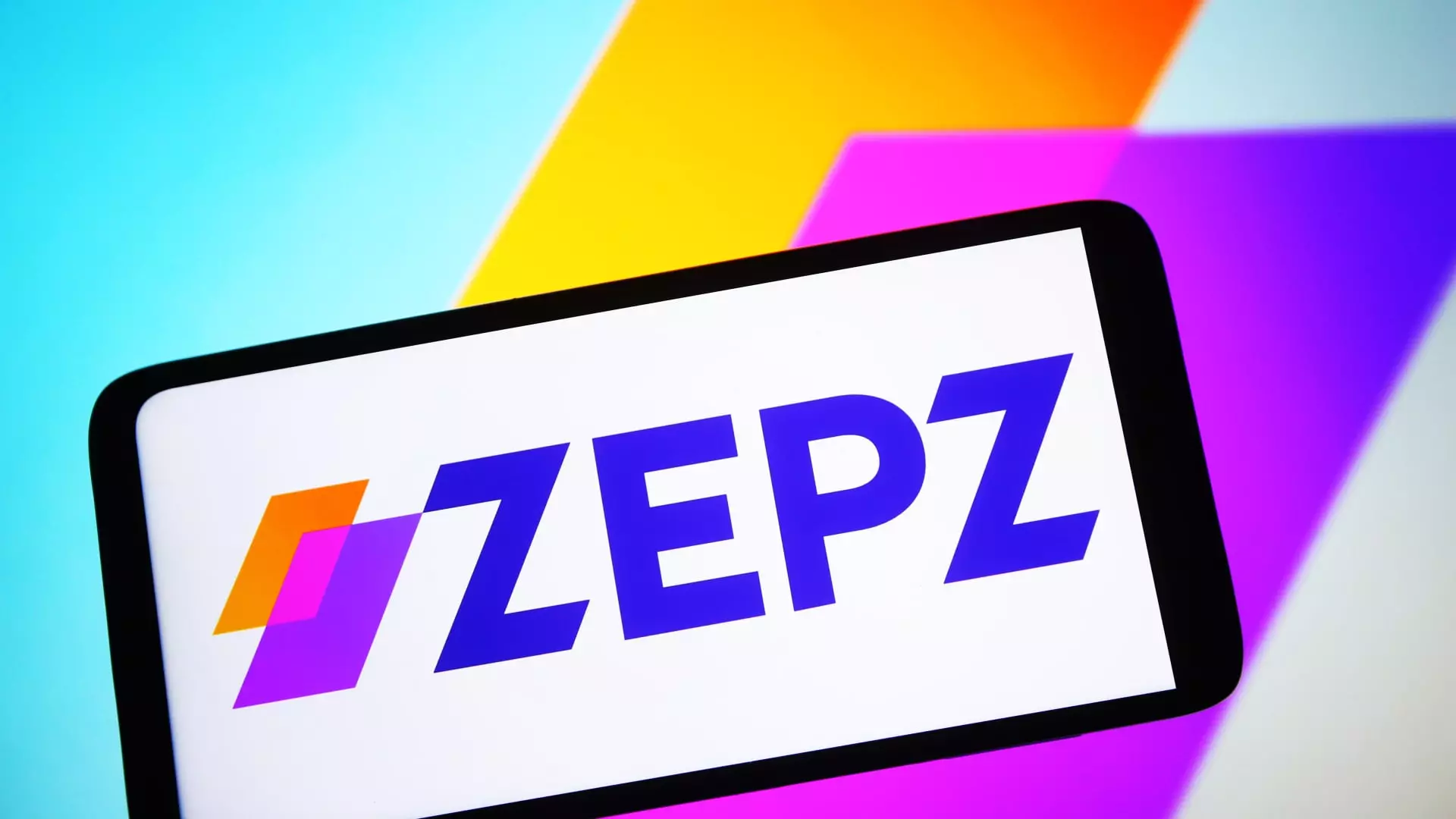The digital remittance landscape is rapidly evolving, and amidst this backdrop, British fintech Zepz (formerly known as WorldRemit) is undertaking significant restructuring efforts. This restructuring has, unfortunately, resulted in the layoff of approximately 200 employees, which is about 20% of its global workforce. Such drastic measures are pivotal for the company’s future as it navigates through a challenging economic environment marked by fierce competition and an increasing reliance on automation and artificial intelligence.
While the decision to downsize is frequently framed within the context of strategic efficiency and long-term goals, it inherently comes with profound human implications. Employees who have lost their positions often face uncertainty, struggle with emotional and financial strains, and grapple with the pervasive stigma associated with layoffs. The emotional toll on those affected should not be underestimated, as they find themselves navigating new job markets with potentially fewer opportunities.
Zepz’s decision to reduce its workforce is not merely an isolated incident; it reflects broader trends in the tech and finance sectors where companies have leaned heavily into automation to cut costs and improve profitability. This raises broader questions about the future of work and the security of jobs in an increasingly digitized world.
Zepz cites significant investments in automation and artificial intelligence as the catalysts for these layoffs. While these technological advancements can lead to enhanced efficiency and potentially better service for customers, they also raise questions about the future role of human workers in tech. The company’s transition to an automated framework signifies a shift in its operational model – from one that is labor-driven to one that is increasingly reliant on technology.
By embracing these technological advancements, Zepz aims to optimize its operations and reduce redundancies across various departments. However, this transformation may not come without its share of complications. As the company embarks on this journey, it must remain vigilant to avoid unintended consequences, such as decreased customer satisfaction or erosion of service quality, which can arise from reduced human oversight in technical functions.
Zepz has been positioned as a frontrunner in the fintech sector, celebrated for its innovative solutions that cater to migrants sending money back home. Its competitive advantage stems in part from the diverse array of services offering both efficiency and affordability in remittances. The firm’s recent acquisitions, including the money transfer platform Sendwave, have reinforced its market position and expanded its operational footprint.
However, Zepz is not without its challenges. The digital payment arena is saturated with both emerging startups and established players like PayPal, Wise, and Revolut. Each competitor is vying for market share, which places immense pressure on Zepz to continuously innovate while managing operational costs. The need to strike a balance between expansion and efficiency has never been more critical as the company seeks to maintain its foothold in an increasingly competitive landscape.
Despite the current cost-cutting measures, Zepz’s senior leadership maintains that the company is not shifting its strategic focus but rather doubling down on its mission to serve global migrants more effectively. According to internal communication from CEO Mark Lenhard, the company is committed to ruthless prioritization and heightened efficiency in its operations.
While this assertion brings a sense of continuity, the reality of such decisions will demand rigorous execution. The company will need to ensure that the remaining workforce is adequately equipped to handle increased workloads and that the technological changes do not undermine customer experience. The operational changes should ideally translate into transformative growth, but the metrics for success must be clearly defined and communicated to all stakeholders.
Zepz has previously been viewed as a potential initial public offering (IPO) candidate, positioned within a rapidly growing fintech environment. The company’s valuation of $5 billion in 2021, bolstered by substantial funding, highlights the confidence investors have placed in its business model. Nonetheless, the recent layoffs and restructuring efforts may cast a shadow of uncertainty over its IPO timeline.
Investors typically scrutinize not just financial metrics but also the overall health of the organization concerning employee morale, operational sustainability, and customer satisfaction. As Zepz navigates this period of transformation, it will need to reassure investors that it can deliver value while managing the complexities brought about by these strategic decisions.
Zepz stands at a critical juncture. While the path it has chosen aims to refocus its resources and harness automation for future growth, the ramifications of such decisions necessitate careful navigation to balance technological advancements with the humane prioritization of its workforce. Only time will tell how these changes will impact Zepz’s long-term vision and its place within the competitive fintech space.

